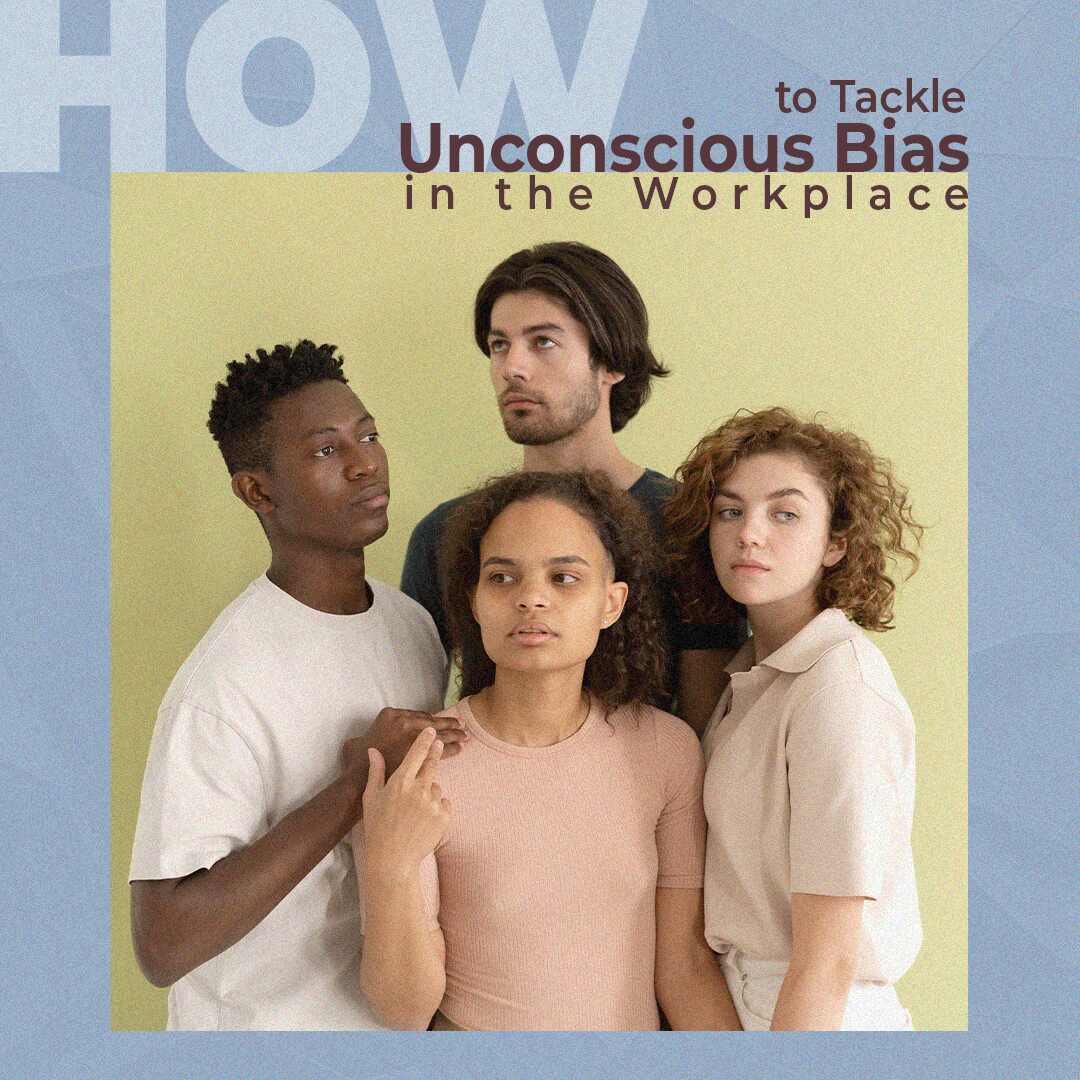Unconscious bias — a term that refers to a prejudice we are unaware of — is costing firms more than they know. Unconscious bias (also called implicit bias) is projected to cost companies $64B annually. The estimated cost stems from replacing over 2 million American workers due to discrimination, excluding potential attorney fees from lawsuits. But the costs transcend monetary values. Unconscious bias is also harmful to the development of an organization, and needs to be addressed at a company-wide level.
Based on how we grew up, our socioeconomic status, race, gender and unique life experiences, we see, perceive and feel the world differently. Unconscious judgments and critical reactions can lead to significant issues, often unnoticed.

Here is a softcore example of unconscious bias: There is a young person at work and you automatically assume they do not hold a leadership position. Another example would be assuming a coworker over the age of 50 knows nothing about social media. In reality, the 27-year-old could be the CEO and the 55-year-old, a wiz at social media.
Even the “nicest” of us have prejudices and stereotypes about others, and that is a part of human nature. What is not okay is when we do not address these biases. When we overlook the stereotype or prejudice, and act from our unconscious brain, we cause harm to those around us.
Another, more serious and important example involves race — which is one of the biggest issues we face with unconscious bias. Research shows that 48% of Black women and 47% of Latinx women report being mistaken for administrative or custodial staff. Of those reporting workplace bias, 33% feel alienated, 34% withhold ideas, and 80% avoid referring others to their employer. When unaddressed or unacknowledged, unconscious bias will continue to run the show at workplaces until it is looked at. So, how do we tackle this?
Originally Published on Training Industry



